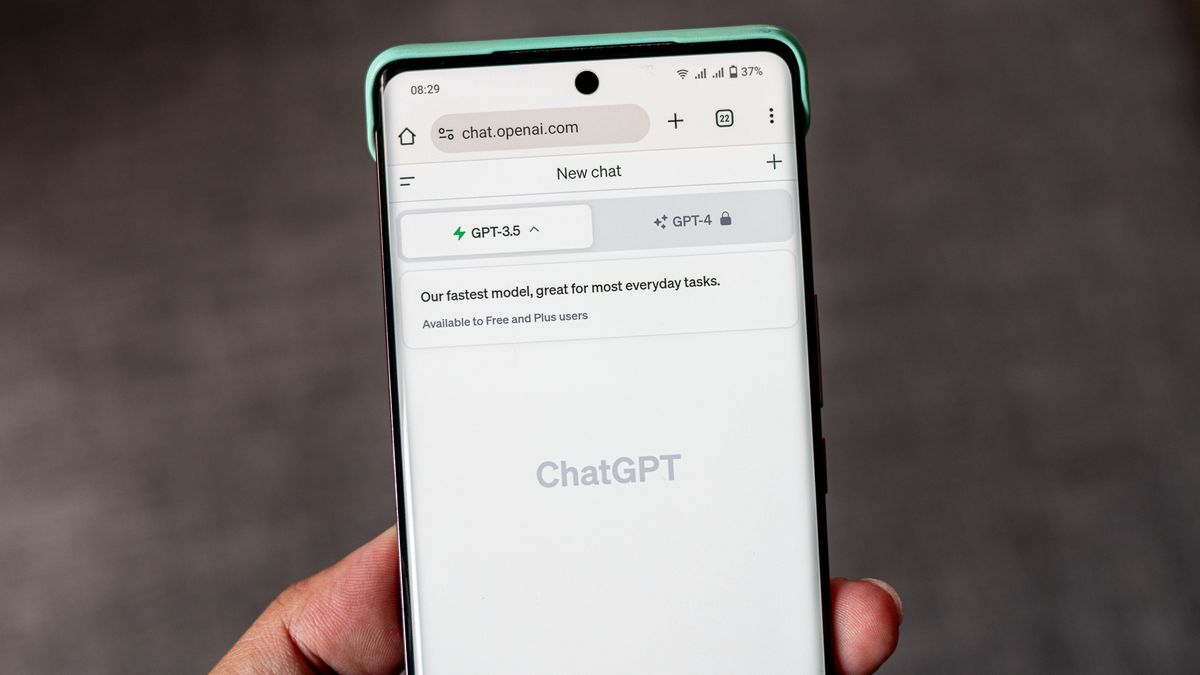The Impact of OpenAI and ChatGPT: A Year Later, What’s the Verdict on Their World-Changing Technology?

“To Do X? I Can Do That”: This Time, With Clarification
It’s been a year since OpenAI released their Chat GPT to the public. As we reflect on the past year, it’s clear that the tech world is changing rapidly, and there’s no sign of slowing down.
OpenAI’s Chat GPT, at first, seemed like just another cool tool to play around with. But in the past year, it has transformed into something much bigger. From Microsoft integrating the GPT-4 model into Bing, to the release of Google Bard, the competition in the world of AI chatbots is heating up.
Not to be outdone, Meta has announced their own Large Language Model (LLM) called Llama, and Anthropic has released their own ChatGPT competitor, Claude. These advances in AI technology are changing the landscape of the tech world, and the possibilities seem endless.
While this rapid evolution in AI technology is exciting, it also raises questions about the future. As ChatGPT and other LLMs continue to grow and evolve, there are concerns about potential job displacement and issues of plagiarism. OpenAI faces calls for regulation and oversight, as the implications of this technology are felt far and wide.
But amidst the chaos and excitement, OpenAI has introduced a new feature called “GPTs” which allows users to create their own custom versions of ChatGPT without needing coding skills. This opens up a world of possibilities for individuals and companies, allowing them to create their own AI chatbots tailored to their specific needs.
As the tech world continues to evolve at a breakneck pace, it’s clear that we’re only scratching the surface of what’s possible with AI. Whether it’s generating images, videos, or providing detailed responses, the potential for AI technology seems limitless.
As we mark the one-year anniversary of Chat GPT, it’s clear that we’re witnessing a tectonic shift in the AI landscape. The future is exciting, but also uncertain. The only thing that’s certain is that the tech world will never be the same again.
